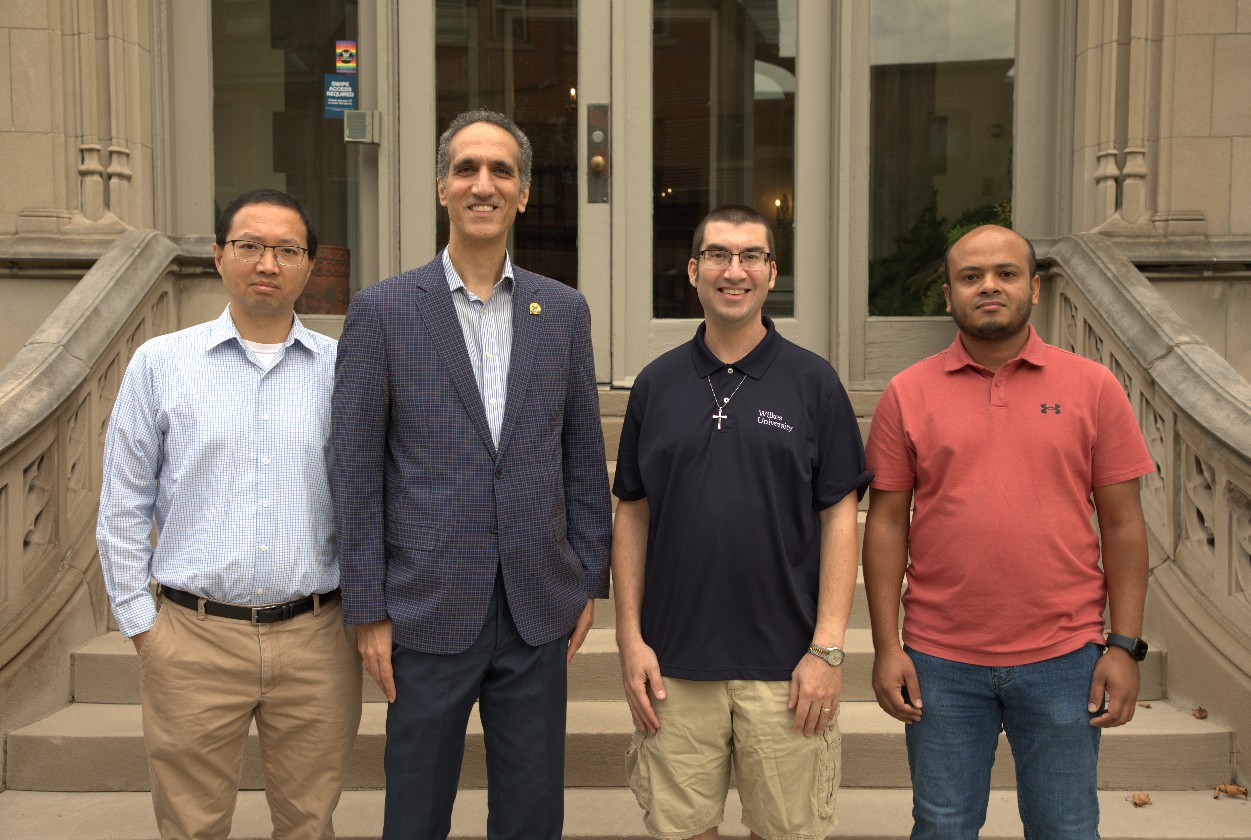A recent study reveals that bribery and money laundering are more prevalent in the UK than many realize. According to research conducted by the University of Surrey, in collaboration with the International Society of Economic Criminology (ISEC), approximately 5.8 million UK adults were approached to assist in these illegal activities over the past year. The report highlights that 16% of UK adults encountered requests for bribes, while 11% were solicited to facilitate the transfer of potentially illicit funds.
The findings indicate a disturbing trend: among those who were approached, more than half consented to participate in these activities. In 2023, 9% of respondents admitted to paying a bribe, while 7% engaged in acts of money muling, which involves helping to move money linked to crime.
Younger adults and men were particularly vulnerable to these requests. In the 18 to 40 age group, 29% reported being asked for a bribe, and 16% admitted to paying one. For money mulling, 22% experienced requests and 13% participated. Men consistently reported higher exposure to these situations compared to women.
Sector Exposure and Corruption Insights
The report also sheds light on where these requests tend to occur. The private sector, including finance, accounted for 56% of the bribery approaches, while the public sector comprised 25%. The charity sector represented 10%, and 8% fell into other or unknown categories.
Dr. Jack Whittaker, a co-author of the report and a Lecturer of Criminology at the University of Surrey, emphasized the implications of the findings. He stated, “These findings are a wake-up call. Corruption is not something that happens far away or only in high-powered boardrooms; it is happening in everyday life – in workplaces, financial dealings, and routine transactions. Most worryingly, people are being drawn in because it is presented as normal or easy, and that normalization is how corruption spreads.”
Despite the alarming data, official records do not reflect the full extent of the problem. Police in the UK document only about 100 to 170 corruption offenses annually, compared to approximately 2,000 to 3,700 money laundering offenses. This discrepancy highlights a significant gap between actual experiences and official statistics, suggesting that millions may have encountered bribery requests without being reported.
Call for Increased Awareness and Education
The research utilized an anonymous online survey involving 1,000 UK adults, selected to represent the national demographic by age, gender, and region. This method allowed respondents to share sensitive experiences without fear of judgment or legal repercussions, painting a clearer picture of corruption behind closed doors.
Dr. Whittaker advocates for heightened public awareness regarding bribery and money muling. He suggests that the UK requires stronger educational initiatives, particularly in schools and universities, to inform young people about these illicit practices. Additionally, he calls for clearer communication from financial institutions and employers, along with practical advice for anyone unsure about the legitimacy of offers they receive.
The study serves as a crucial reminder of the hidden realities of corruption in the UK, as it appears to infiltrate everyday life, challenging the perception of integrity in various sectors. More detailed information can be found in the full report titled “ISEC UK bribery & money laundering experience indicator: Measuring public exposure to bribery and money muling in the UK.”







